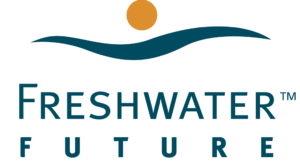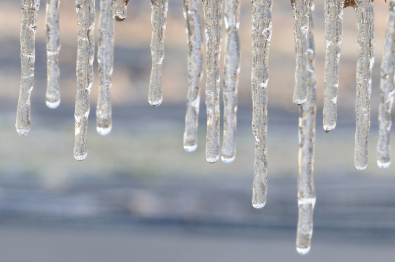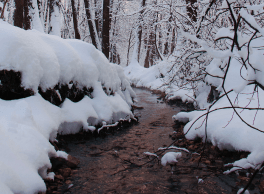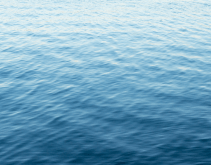Help Improve U.S. EPA’s Public Participation Policy – Deadline January 16th
For the first time in 20 years, the U.S. The Environmental Protection Agency (EPA) is proposing to change the way they engage the public in their decision-making process. Their draft Meaningful Involvement Policy is available for public comment until January 16th. Freshwater Future believes the draft policy needs improvements to ensure EPA communicates transparently, protects environmental justice communities, and honors public comments. Freshwater Future has made it simple and easy to submit comments today. Don’t wait – the January 16th deadline is coming up!
Improving Federal Lead Rules: Stronger Protections Needed in Schools and Childcare Facilities
Children are most at risk of health impacts from exposure to lead. That is why it is critically important that the school and daycare centers have the best protections against lead poisoning in place. Last month, the U.S. The Environmental Protection Agency (EPA) released a new draft Lead and Copper Rule, which regulates how water utilities test for, respond to, and prevent lead in drinking water. Unfortunately, requirements for testing schools and daycare centers for lead in drinking water were not included in the updates. Until February 5th, we have an opportunity to push the EPA to adopt stronger protections for our children by asking for regular, required testing of drinking water in those facilities. You can use Freshwater Future’s simple form to send comments urging the U.S. EPA to have the strongest possible Lead and Copper Rule.
Meet One of our Fall 2023 Grantees Monitoring Toxic Chemicals in the Basin
In the spring and fall of each year, Freshwater Future awards project grants to grassroots organizations advocating on water issues in Great Lakes communities. This fall, we have been honored to support the work of Environment North as they fight for responsible nuclear waste storage and transportation. Specifically, they are focused on the safety of the transportation, temporary shallow storage, and eventual unmonitored abandonment of 7.2 million used waste nuclear fuel bundles in Northwestern Ontario. They will be advocating for waste to be monitored and maintained as close to the nuclear plants as possible, and will expand this message to communities, including First Nation communities, that would be impacted.
Record Low Ice Cover on the Great Lakes this Winter
This winter, the Great Lakes are experiencing record-low ice coverage, with Lake Erie having no ice at all. Usually at this time of year, the Great Lakes would have around nine percent ice cover, with Lake Erie having between 15-20 percent coverage. On New Year’s Day, the Great Lakes had less than 0.4% ice coverage, a record low over the past 50 years The lack of ice cover results in ecological and economic impacts on Great Lakes communities, such as increased evaporation, worsening shoreline erosion, and potential declines in fish populations, as well as reductions in tourism related to winter activities.
Line 5 Update: Environmental Advocates and Tribes Appeal Tunnel Permit
Environmental groups and Tribes are appealing the Michigan Public Service Commission’s approval of a Canadian corporation’s plan to build a four and a half mile tunnel under the Straits of Mackinac for its Line 5 oil and gas pipeline. The pipeline runs through central Canada to eastern Canada, passing through Wisconsin and Michigan. The 70-year-old pipeline poses an immense threat to the Great Lakes due to the potential to rupture and spill, which could have catastrophic environmental and economic consequences. The project is currently awaiting federal approval from the US Army Corps of Engineers before construction can proceed.
150 Years After the Fact, Keweenaw Bay Tribe May Be Compensated for Stolen Land
The U.S. Senate has unanimously approved a bipartisan bill to address longstanding land claims by the Keweenaw Bay Indian Community, potentially providing the tribe with nearly $34 million in federal funds. The bill aims to settle the wrongful transfer of 2,720 acres of land by the U.S. government to Michigan as compensation for the Sault Ste. Marie Canal construction, violating treaties signed in 1842 and 1854. The Keweenaw Bay tribe has long held that the illegal land seizure caused economic harm, preventing the development of valuable lakeside properties. If the legislation passes the U.S. House and is signed by the President, the tribe will receive compensation for the land through future budgeting, allowing funds for government services, economic development, natural resource protection, and land acquisition.








